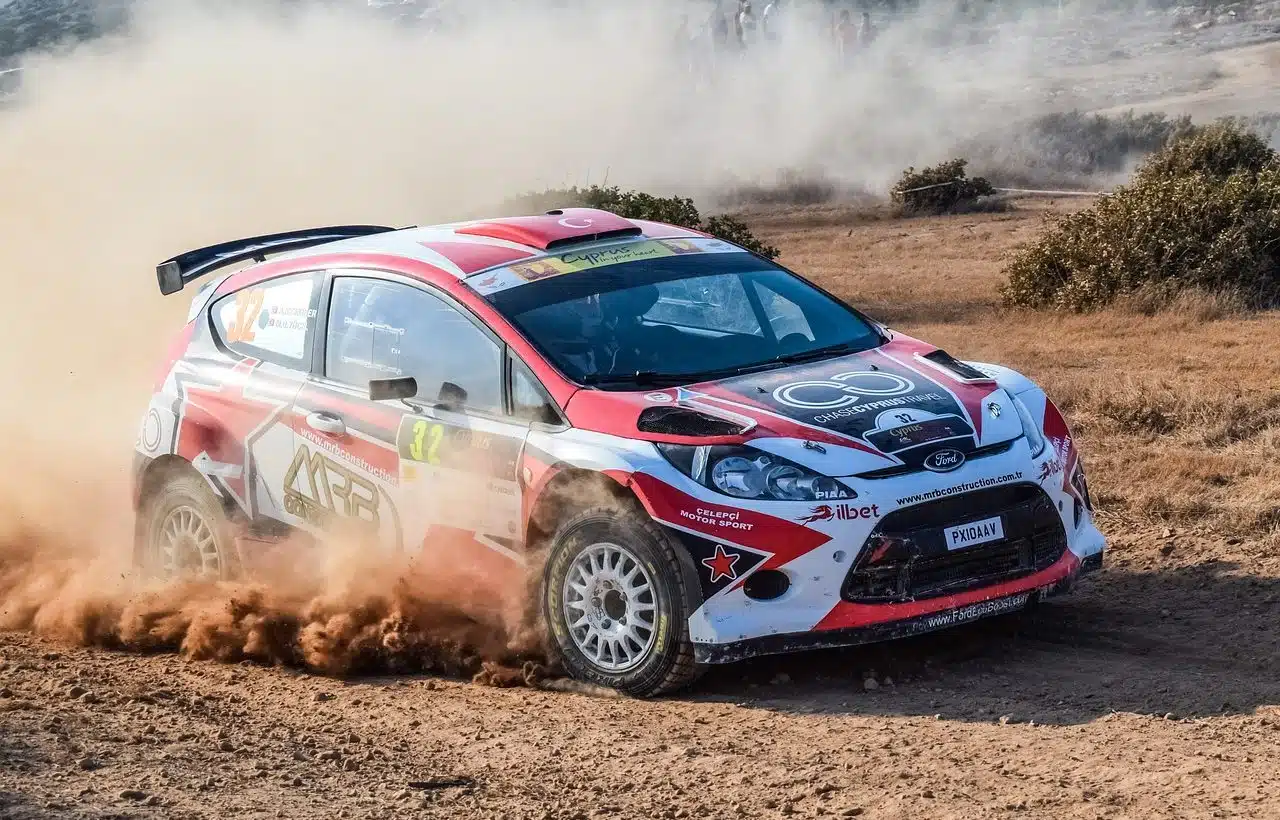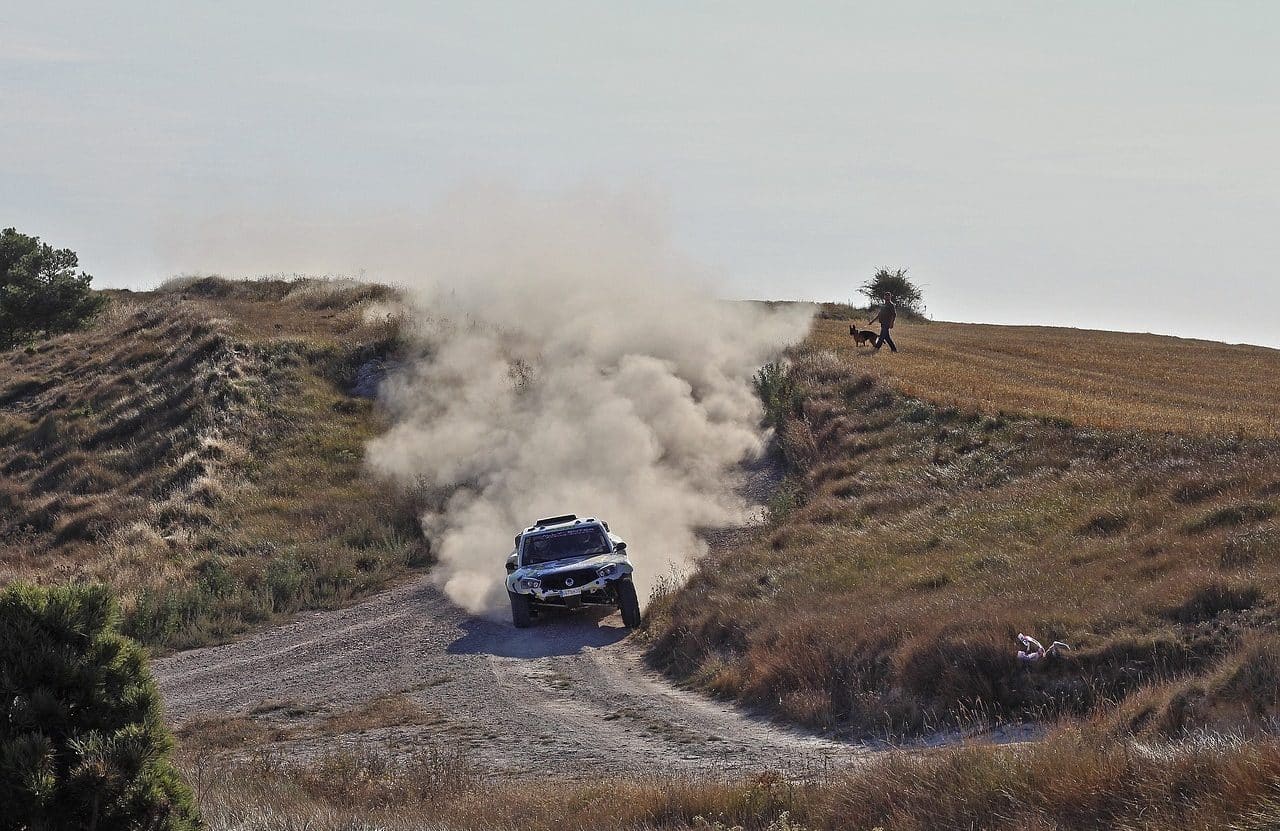
A rally is an automobile competition that takes place in sections and off a track.
Rally is a word from the English language that is also used in our language to name a car competition that takes place in sections and off a track. In addition to cars, vans, trucks and motorcycles can participate in some rallies.
A rally takes place on a road or in open terrain , with a route pre-established by the race organization. Once all the stages are completed, the times are added: the winner of the rally will be the competitor who has added the shortest time and who, therefore, has been the fastest to cover the different routes of the competition.
Another important difference between the rally and the automobile races that take place on a track is that, in the rally, each competitor starts alone , with a minute difference between one participant and the other. This means that vehicles often do not pass each other during the race .
History of the rally
The history of the rally is difficult to pin down, since the first motorized races did not have a well-defined organization that distinguished between, for example, Formula 1 and rallying, as is the case today. Printed evidence leads us to think that the term itself was used for the first time in 1911 to give its name to the Monte Carlo Rally , although it is believed that it did not enjoy great acceptance until mid-century , when Europe adopted this word to name its cars. competitions and France altered it slightly to turn it into a rally.
In the late 1800s , a few decades before anyone coined the term rally, humans began looking for new ways to compete and car racing was born . As mentioned in the previous paragraph, the first organizations were not very strict or structured, but rather in each meeting they used to make certain adjustments that gradually shaped the modalities that we know today.
The first automobile competitions had in common with the rally that the roads were open. Their departure and arrival points were usually in different cities. In 1894 , for example, a famous race (the oldest to have been documented) was held that linked the French cities of Paris and Rouen . Later, the goals began to transcend the limits of the nation itself, to reach nearby countries such as Germany and Austria .
One of the first problems they had to face in the rallies of the time were the differences between the engines of the cars used within the same competition, since there were not always well-defined rules in this regard, and such diversity could be reflected in a imbalance that would harm those with the least advanced technology .

Each rally has its own characteristics.
Current competencies
Today there are national and international rally championships. Just as in Formula 1 the drivers accumulate points according to the results of the different races, in the World Rally Championship points are added according to the performance in the different rally events that take place in countries such as Argentina , Spain , Australia , France , Greece , Finland and Sweden , among others.
There are also special rallies that are not part of a championship, but are specific tests. The most famous in the world is the Dakar Rally , a raid that was born in 1979 and that, in its origins, took competitors to unite Europe and Africa .
Currently, the rally faces certain obstacles in some countries around the world, since its practice threatens the integrity of the natural spaces that serve as its stage. Such is the case of the Dakar in South America , which involves the host countries in a fight between those who want this competition to continue and those who denounce the large percentage of destruction it causes in an area of archaeological heritage .
